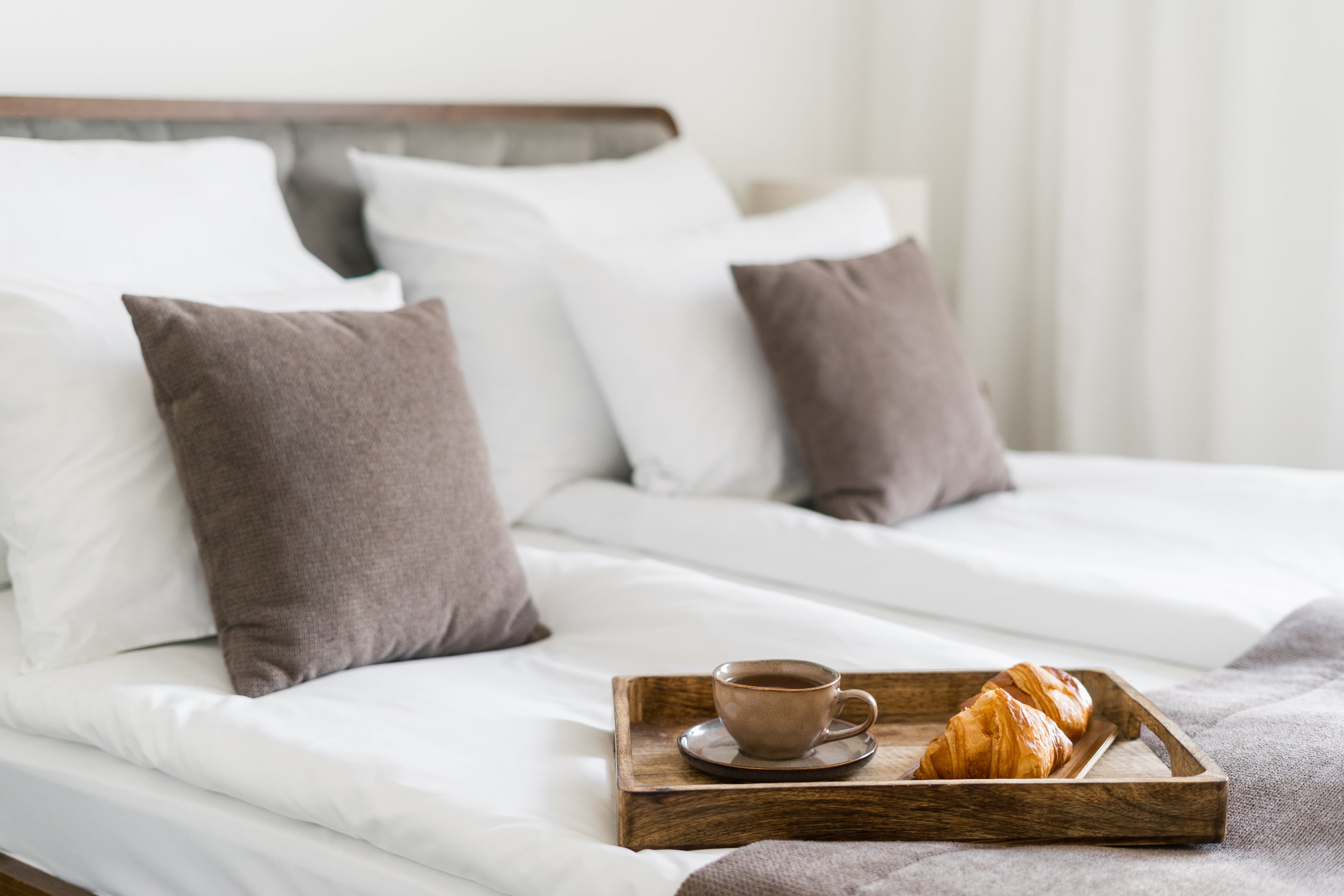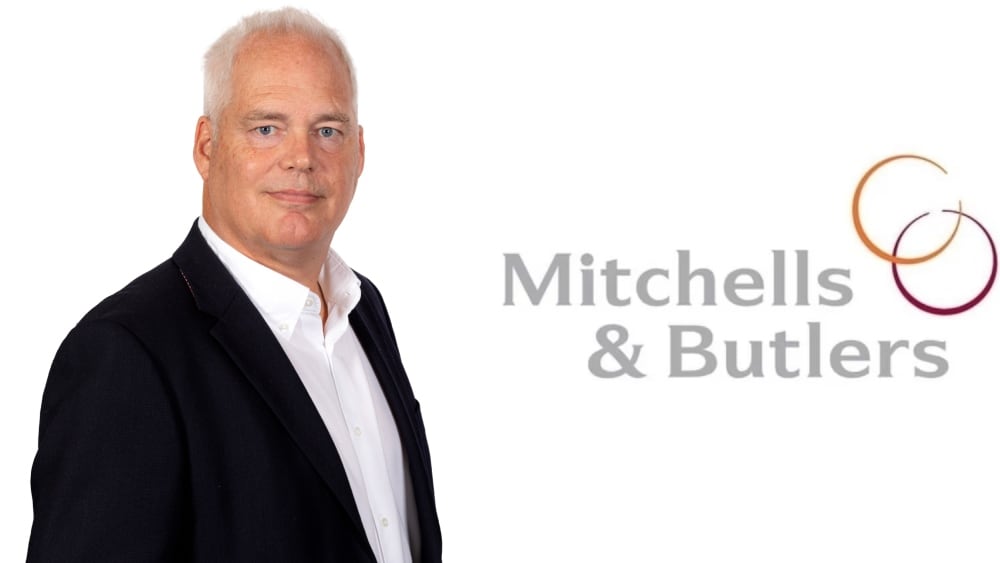Inn (noun) “a house providing accommodation, food, and drink, especially for travellers”.
During the middle ages inns developed along the roads of the day to provide lodgings for weary travellers like Chaucer’s pilgrims in the Canterbury Tales.
According to an article in The Morning Advertiser (MA) from November 2023 “inn” appears as part of the name of 28% of all UK pubs and 16% of new openings since 2020 identify as inns.
So, bedrooms, it seems that you and me have a whole lot of history.
At a recent event hospitality conference I listened to (excellent) speaker after (excellent) speaker talking about drivers for growth to help them navigate their way through these extremely challenging times for their businesses.
There were two very apparent buzzwords – “franchising” and “accommodation”. As with all development opportunities seeking expert advice on the licensing implications can help you maximise the return on investment.
It’s perhaps no surprise that many of the larger pub chains are looking into their estate to identify properties that may be suited to add bedrooms.
Butcombe Pubs already operate pubs with over 400 bedrooms. They’re currently looking to convert up to 20 more pubs into premium boutique inns.
Upselling opportunities
Young’s have developed their Young’s Rooms brand which is growing both in their London heartland and throughout rural areas. Sheperd Neame is ramping up its diversification with plans for 500 bedrooms under its Inn Collection Brand.
However what really struck me was the way smaller pubs groups are embracing accommodation as a driver to fuel business growth.
Chickpea Group co-founder Ethan Davids, spoke of how bedrooms had been a feature of his parent’s pub business throughout their career in hospitality. Taking inspiration from this, Ethan and his business partners have put bedrooms as a central component of Chickpea’s business model.
At heart they are focussed on “excellent country boozers” and describe themselves as “a handful of country boozers with rooms and a pizza shop”.
Seven of their ten pubs have rooms and they have plans to renovate the Silver Plough in Pitton to add accommodation in the near future.
Perhaps in the most illuminative sound bite Ethan captured the motivation for adding bedrooms thus “wet-led boozers are great cash generators but it is the pubs with accommodation on site that are really our bread and butter”.
Developing bedrooms will provide operators with the potential to sell alcohol to residents 24 hours a day.
Placing minibars in rooms is an upselling opportunity as is providing residents with access to a library of pre-recorded films.
New revenue streams
A well-crafted licensing application will permit all of these additional revenue streams at the same time as permitting the alterations to the licensed area to include the new bedrooms.
Any operator walking through their pub looking at every unused room with a Kirstie Allsop eye for development should do so with caution.
Harry Gurney, co-founder of the Cat and Wickets Pub Company, recently told me while converting existing space in pubs to add bedrooms is a great way to create new revenue streams.
Though he warned anyone interested in adding bedrooms must carefully consider the business model to ensure they can develop the minimum number of bedrooms required to justify the capex and the on-going operating costs incurred from staffing breakfast service and providing housekeeping.
In British culture we have a sentimental attachment to our pubs. Many of us want to eschew heavily branded chain hotels in favour of more experiential and unique places to stay.
Those able to provide great rooms in a great location allied to great customer service will be on to a winner. Just seek out some licensing and planning advice first.
Inns, you seem to be back once again like the Renegade Master.
- Nick Landell is a legal executive at Poppleston Allen




